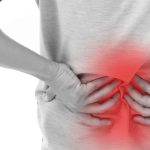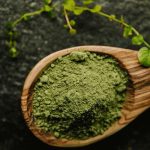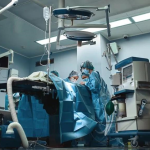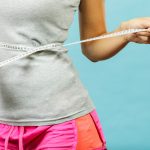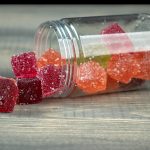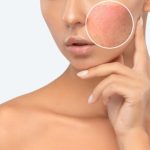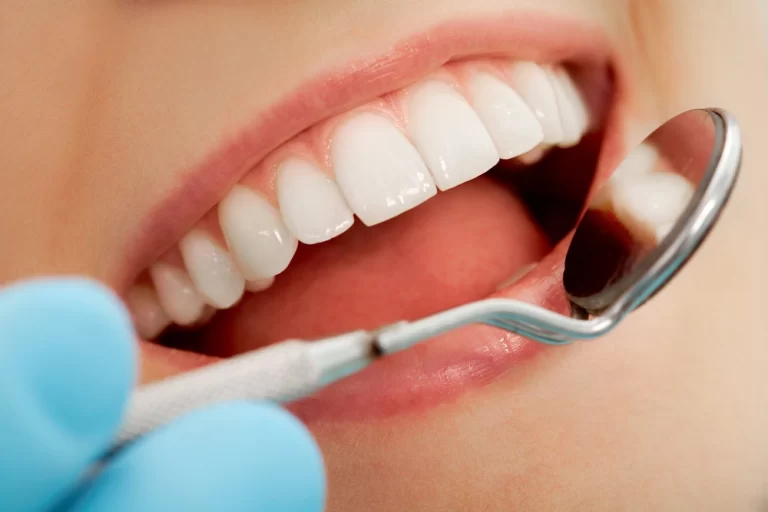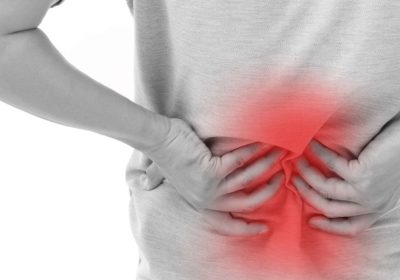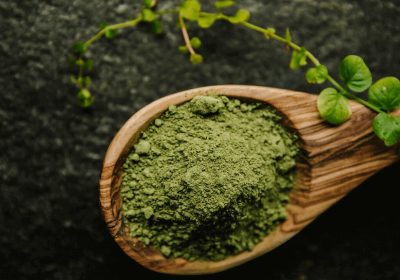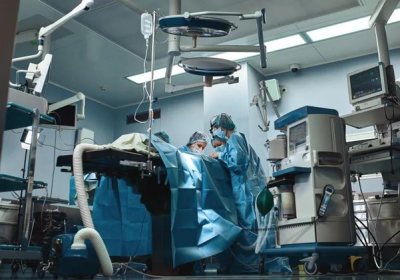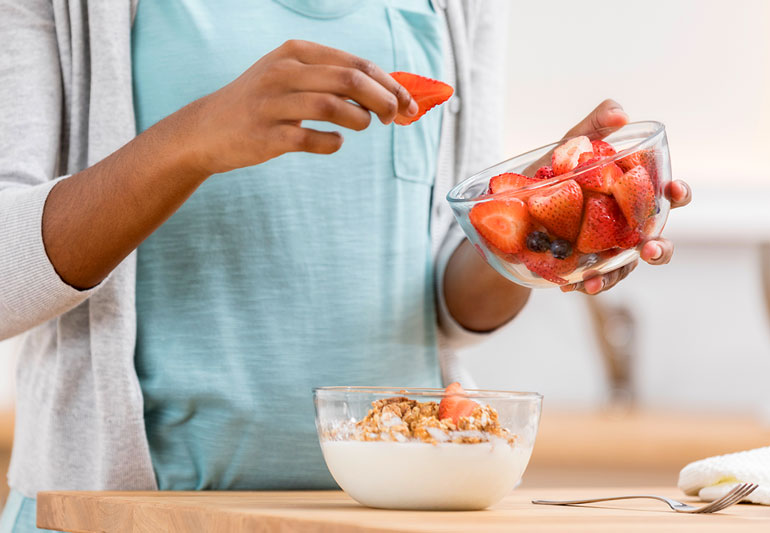
If we have cancer, what should we eat?
Some side effects make it difficult to properly ingest and absorb food, affecting the patient’s nutritional status.
To ensure adequate nutrition, the individual must consume enough foods that contain essential nutrients: vitamins, minerals, proteins, carbohydrates, fats, and water. Diet is an important part of treatment; Eating the right foods before, during, and after treatment can help the patient feel better and keep her strong.
The malnourished patient feels weak, tired and unable to resist infections or tolerate treatments. Consuming insufficient protein and calories is these patients’ most common nutritional problem.
Anorexia (lack of appetite)
- in a day, Eat between 5 and 6 small meals.
- Offer the patient their favourite foods frequently.
- Eat liquids and solids separately.
- Serve meals attractively.
- The meal schedule is adapted to each patient. Higher caloric intakes are tolerated in the morning.
- Appropriate oral hygiene before eating, with refreshing products.
- Include nutritional supplements (consult the Nutrition specialist).
taste disturbances
- Avoid extreme food temperatures.
- Foods with strong odours or flavours (tea, coffee, chocolate) are not recommended.
- Eliminate red meats and replace them with chicken, turkey, and cooked ham.
- Add sauces or light dressings to preparations.
- Avoid canned products.
- Combine foods with different herbs or spices.
- Do not use artificial seasonings or highly seasoned sauces.
- Use zinc supplements.
Chewing and swallowing problems
- Modify the consistency of meals to porridge or purée.
- Include high-calorie foods in meals: peanut butter, ice cream, juices or nectars, fruits in syrup made into a puree, compotes, jelly, etc.
- Use a straw for drinking liquids.
- Mix liquids and solids in meals.
early satiety
- Chew well and eat slowly.
- Avoid foods with high-fat content.
- Drink fortified liquids.
- Limit the total amount of fluids during meals.
Nausea and vomiting
- Use cold foods or at room temperature, with a soft texture.
- Take liquids in small sips.
- Avoid very spicy or very fatty foods.
- Several times a day, Eat food in small portions.
- Consume fat-free broths, natural juices, jellies or rice water to stay hydrated.
- Avoid eating 2 hours before chemotherapy treatment.
Diarrhoea
- Reduce the consumption of insoluble fibre.
- Exclude milk and derivatives.
- Avoid spicy and high-fat foods.
- Avoid flatulent foods (cabbage, cauliflower, broccoli), coffee, and chocolate.
- Eat foods high in potassium (banana, potato).
- Split meals.
- Drink plenty of fluids.
- Recommended foods: rice water, boiled apple water, tea, toast, boiled or baked apple, mashed potato, carrot, ripe banana, and boicookedicken, turkey, or beef.
Constipation
- Increase fibre intake (cereals, raw vegetables and fruits, whole wheat bread).
- Add one or two tablespoons of bran to meals.
- Drink 8 to 10 glasses of liquid per day.
- Avoid acidic, fried, bitter, spicy, very salty or highly seasoned foods.
- Avoid raw vegetables, green fruits and carbonated drinks.
- Take preferably soft foods or porridge.
- If the patient has a low intake, adding protein foods (cheese, egg whites, chicken), fatty foods (butter, oil, cream) and carbohydrates (honey, juices) should be considered.
- Glutamine supplementation appears to reduce mucositis secondary to radiotherapy.
Xerostomia (dry mouth)
- Use juicy cooked foods.
- Include sauces, soups, and creams.
- Salivation stimulants: natural pineapple, ice cubes, sugar-free candies.
- Drink eight glasses of water daily (keep a bottle with this liquid nearby).
- Brush your teeth frequently to prevent the growth of bacteria.
Weight gain
Although weight loss is more common during cancer treatment, some patients with this disease gain weight. The gain can affect the patient’s health and ability to tolerate treatments if the improvement is significant. For example, chemotherapy, steroid medications, and hormonal therapies can cause weight gain.
Anaemia
Anaemisignificanta major cause of fatigue related to Diane and its treatment. Eat foods rich in iron; this will trigger your system to make red blood cells. Iron-rich foods include red meat and green leafy vegetables.
A varied diet should be carried out that includes daily foods from the three groups, with a moderate fat content (25%), low content of simple carbohydrates (sugars) and abundant fruits and vegetables rich in vitamin C and beta-carotene, including enough dietary fibre (10 to 13 grams per 1000 kilocalories).
Reduce the consumption of products with additives and preservatives
In feeding these patients, the human factor and the company are significant, as well as giving variety to the diet and not neglecting the excellent presentation of the food. Iessentialrtant to ensure that the patient eats as far as possible.
Nutritional supplements
- I prefer to take them between meals so as not to decrease appetite.
- They can be used as substitutes for water in taking medications.
- The most suitable supplements for the neoplastic patient must have a high energy density (>1.5 Kcal/ml) and protein.
- Dosage: 1 or 2 containers a day, or according to the indication of the nutritionist.

